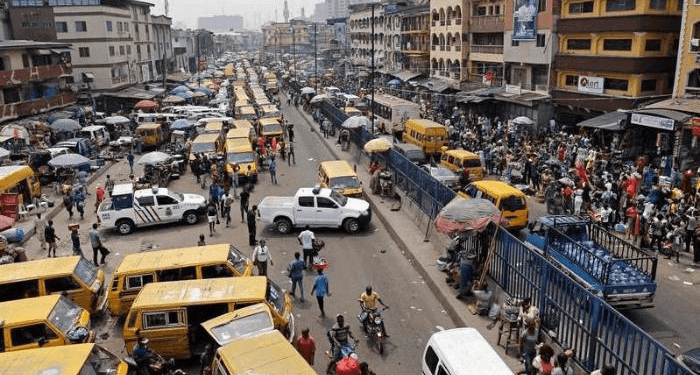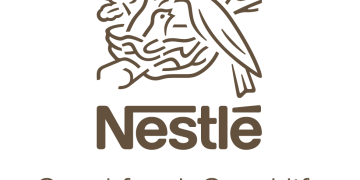Rising Inflation in Ghana and Nigeria Threatens Economic Growth – Deloitte Warns
Surging inflation in Ghana and Nigeria is expected to weigh heavily on economic activity as businesses contend with spiraling costs and households curb spending, according to Deloitte West Africa’s latest Monthly Inflation Update.
Deloitte warned that persistent price pressures will exacerbate the ongoing cost-of-living crisis in both countries.
Election Spending Fuels Inflationary Pressures
In Ghana, inflation climbed to 22.1% in October, up from 21.5% in the previous month, driven by higher costs in sectors such as housing, food, and health services.
Deloitte flagged election-related spending as a key driver of inflation in the coming months, despite the Economist Intelligence Unit (EIU) forecasting year-end inflation at 20.5%.
In view of the uptick in inflation, the Bank of Ghana is expected to hold its benchmark interest rate at 27.0% during its final Monetary Policy Committee meeting of the year, opting for stability as policymakers weigh the risks of tightening financial conditions further.
Key Inflation Drivers
Ghana’s inflation was underpinned by sharp price increases in the following categories:
- Alcoholic beverages, tobacco, and narcotics: +31.7%
- Housing, water, electricity, gas, and other fuels: +27.6%
- Restaurants and accommodation services: +24.6%
- Health: +23.9%
- Food and non-alcoholic beverages: +22.8%
Regional disparities remain pronounced, with the Upper East region registering a 42.0% inflation rate—the highest in the country—compared to 18.3% in the Eastern region.
Nigeria Faces a Steeper Challenge
In Nigeria, headline inflation reached 33.88% in October, sparking concerns of another rate hike by the Central Bank of Nigeria. Bauchi State reported the highest inflation at 46.68%, while Delta State recorded the lowest at 27.85%.
The relentless rise in prices is adding pressure on businesses and households, further undermining economic stability. “The inflationary spiral threatens to erode consumer purchasing power and heighten operational challenges for businesses,” Deloitte warned.
Policy Conundrum
Both Ghana and Nigeria face a delicate balancing act as policymakers grapple with the dual objectives of controlling inflation and stimulating growth.
For now, efforts to stabilize inflation appear to be gaining precedence, though the high cost of borrowing and reduced consumer spending risk constraining economic expansion in 2024.
Also, effective fiscal and monetary coordination will be crucial in navigating the path to stability while averting further economic fallout.








